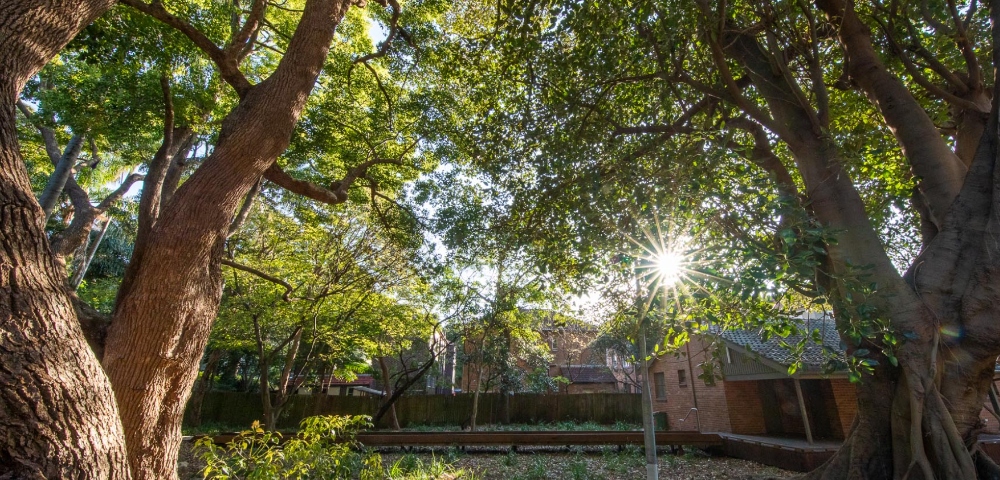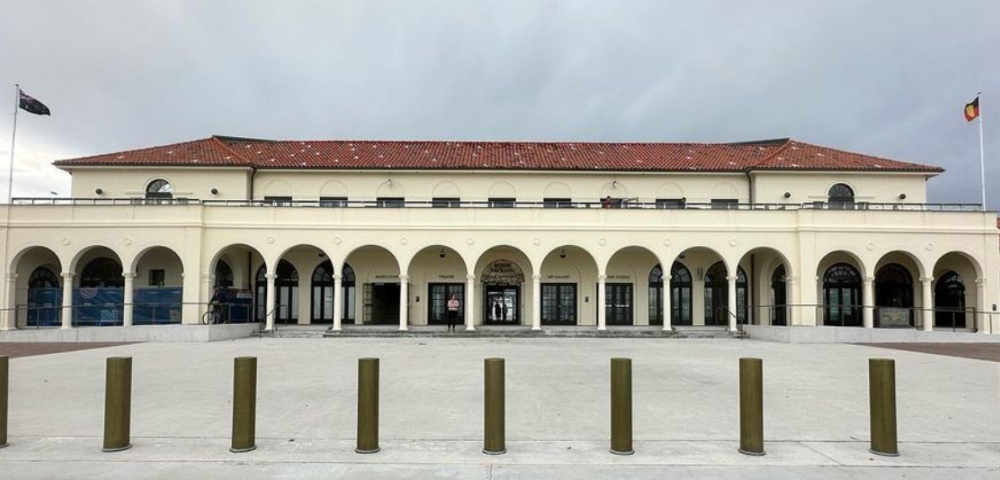
Residential parking set for overhaul

Only months after parking shortages took centre stage in the prelude to last year’s local government elections, Waverley’s residential parking scheme could soon be revamped.
With 68,000 residents living in an area of only nine square kilometres, parking in the precinct of Waverley has been a perpetual Council problem. But now the system is to be reviewed amid growing belief the present system is outdated.
Under the current system, a residential preferential parking scheme (RPPS) permit allows an individual with the permit to park free of charge for an unlimited time in the designated parking zone.
Chair of the Waverley Traffic Committee, Deputy Mayor Tony Kay, said the RPPS system was born out of the Liberals’ 2009 review of Waverley’s on-street and off-street parking system. The 2009 parking review analysed the strategic direction of the parking scheme.
“Since becoming a councillor at Waverley, parking has always been a key issue due to Waverley – being the most dense Council area in Australia,” said Mr Kay.
“Additionally, increasing car ownership, and a Labor-controlled Council that introduced severe restrictions to parking, [meant] the need for on-street car parking increased, to make the problem even worse for our residents and other car users in Waverley.”
The issue has come under recent scrutiny with Councillor John Wakefield calling on Waverley Council to make concessions and provide the first permit for parking in RPPS areas at no cost to residents. Currently, residents pay $27.50, $110 or $165 for their first permit depending on whether they had access to zero, one or two off-street parking spots respectively.
Waverley Mayor Sally Betts said Council’s aim was to standardise a series of protocols by examining the zones for parking in Waverley and the relationship between the zones. With different elements of the scheme interrelated, Council is faced with 42 issues in need of addressing under the current system, and others could be further identified during the review.
One of the primary issues was the availability of permits for workmen or temporary visitors to a site, together with preferential allocation and priority access to off-street parking spots.
Ms Betts said Council were now working on coming up with a sustainable integrated solution to curb the shortage of parking.
“Previous councils have had pretty draconian methods to prohibit parking to make it as difficult as possible. That policy over the years has completely failed, so we need a new policy,” she said.
“We now need to find a way for people to park as close to their homes as possible. We need to stop penalising people and [help] facilitate them parking.”









